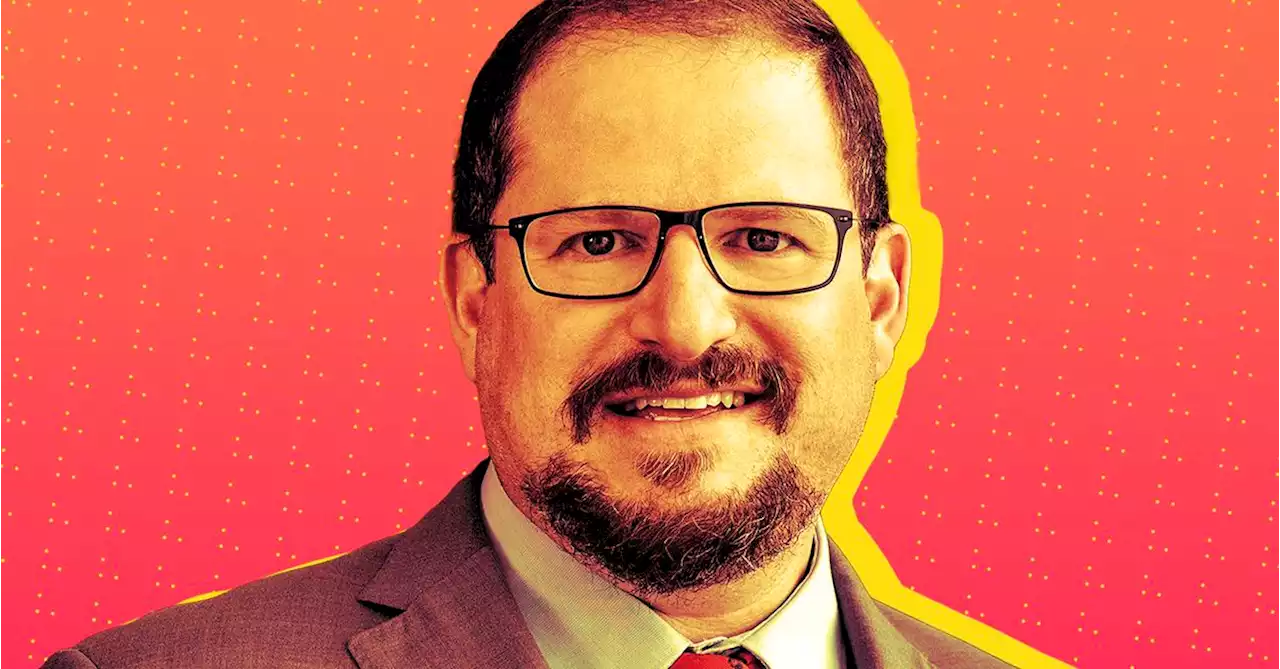How to move past the chip shortage
There was an understanding of the importance of chips in our economy and the importance of semiconductor companies. As a result, a lot of companies that didn’t have a direct relationship with semiconductor companies started to forge those partnerships. It was a challenge for me, the first year as CEO. But it’s also an opportunity.
That’s fascinating, I didn’t know that. The reason I ask about manufacturing is, as I’ve talked to various executives about the chip shortage, they’ve all said things along the lines of what you just said: demand is really driving the shortage. People want more stuff. Everything has a chip in it now. The capacity wasn’t there. Then there were some COVID-related impacts, but it’s the manufacturing capacity that has to catch up to demand. That’s the end of the chip shortage for real.
“We needed to make sure that we have resilient, geo-diversified investments in the United States of foundries.” But I agree with you that this shortage brought this issue to the surface. A lot of companies — especially in the auto industry — didn’t even understand there were semiconductors in their chain. They became very aware of this. I think there’s now a real push to get this resolved, so I kind of agree with that view.
The majority are located in the United States, but we have presence everywhere. Just an example: we have over 10,000 employees in India. We have several thousands of employees across China, Korea, Japan, and Europe, so it’s a global company. It’s very diversified and we take pride in the areas that we’re really focused on, like technology across modems, wireless, high-performance computing, and low-power devices.
That’s a good question. We usually invest for a decade. I’ll give you a perfect example of this: we talked about connecting physical and digital spaces when it wasn’t popular. We started talking about virtual reality and augmented reality when it wasn’t popular. Some of the bets that we made over a decade led to incredible technology that enabled the Oculus Quest from Meta and HoloLens from Microsoft. Now people understand the potential of creating digital twins and talk about the metaverse.
Is there anything that you’ve ever made a bet on that you ultimately had to pivot out of, like 3D TVs? This is a great question. That’s the reason you see a lot of generations — we start early. If you look at what’s happening right now, we knew that PCs needed to evolve into what we call next-generation PCs. When you buy a phone, you take the phone out of the box and you expect it to be connected regardless. Why is it any different for PCs? Also, as you start to move more and more things to the cloud, PCs being a connected device with high-performance connectivity is kind of a necessity.
If you look at what we have done in the past, we’ve never made heroic assumptions as a company. You didn’t see me making claims like, “Hey, the PC’s going to be this much percent of our revenue.” By that time, we knew we needed to switch an entire ecosystem — but we wanted to do it right and do it in a way that we’re going to win it. Look at the work that Apple has done for their products with the DM Series.
Here’s the second part of your question: computing on these devices is changing dramatically. Let’s just give an example on artificial intelligence. This is where I think you’re going to see Qualcomm shine because you cannot do those things on the CPU. You need dedicated hardware. Think about this: you are working with me, doing this Zoom meeting with me right now.
It’s an awesome name. The explanation is super simple: Snapdragon became synonymous with premium Android experiences. It’s kind of reflected in the consumer; a big market like China, for example, has 80 percent awareness of the Snapdragon brand. Snapdragon’s flagship release was the 8 Series. You have to go generation to generation: you use numbers, but at the end of the day there is an incredible identity of 8 Series Snapdragon consumers.
You need to get new cell towers and get new permits. It’s happening on a global scale. The number of carriers investing globally in 5G and densifying the network — it’s happening. It just takes a little bit more time. It’s very clear that we’re going to get there. As we start making use of some of the new frequencies of 5G, like the millimeter wave frequencies, you’re going to have gigabit speeds in every device. That’s going to make a difference.
I would imagine you’re going to find that some of the entry-level prepaid phones in the United States don’t have Qualcomm modems. Here’s what makes the United States very unique: it’s a very safe cellular environment compared to what you see in some other countries. The operator in the United States will test all the phones and make sure that they meet the latest standards and that they’re compatible with the network.
The Snapdragon phone highlights the chip and its capabilities because you would sell that chip to some phone maker who would add their differentiation. That phone maker would either opt to use your features or not, and then they would have to go to a carrier —covers how the carriers interfere in phone design quite closely — they would make some decisions.
Phones are interesting. I think there’s a very good argument that the smartphone is the most important new product in the history of technology, maybe through all of history. Everyone on Earth has a phone, and is going to buy another phone in two years. Mobile phones are the biggest tech market I can think of.
Let me ask you this question that I ask everybody about AR glasses. I already know what the killer app for AR glasses is. It’s the thing I want the most: I want to look at somebody that I’ve met before and have the glasses tell me their name, because I’m horrible at faces and names. That’s it. I think you could probably sell that product to everybody in the world. How do you build that application without building a worldwide facial recognition database?There’s more.
Here’s how you could have a voice call with glasses: a friend calls you, and you could render that person right in front of you. That’s one other way to think about applications on the metaverse: you can have a hologram or a telepresence of somebody in front of you. You have sensors in the glasses that detect your face movements with artificial intelligence. You can render yourself to the other person without a camera looking at you.
United States Latest News, United States Headlines
Similar News:You can also read news stories similar to this one that we have collected from other news sources.
 Qualcomm’s Big 5G Bet in 2022 is on Wireless Fiber | Digital TrendsAt its CES 2022 conference, Qualcomm chief Cristiano Amon described how 5G will serve homes as well as businesses, and pave the way for wireless fiber.
Qualcomm’s Big 5G Bet in 2022 is on Wireless Fiber | Digital TrendsAt its CES 2022 conference, Qualcomm chief Cristiano Amon described how 5G will serve homes as well as businesses, and pave the way for wireless fiber.
Read more »
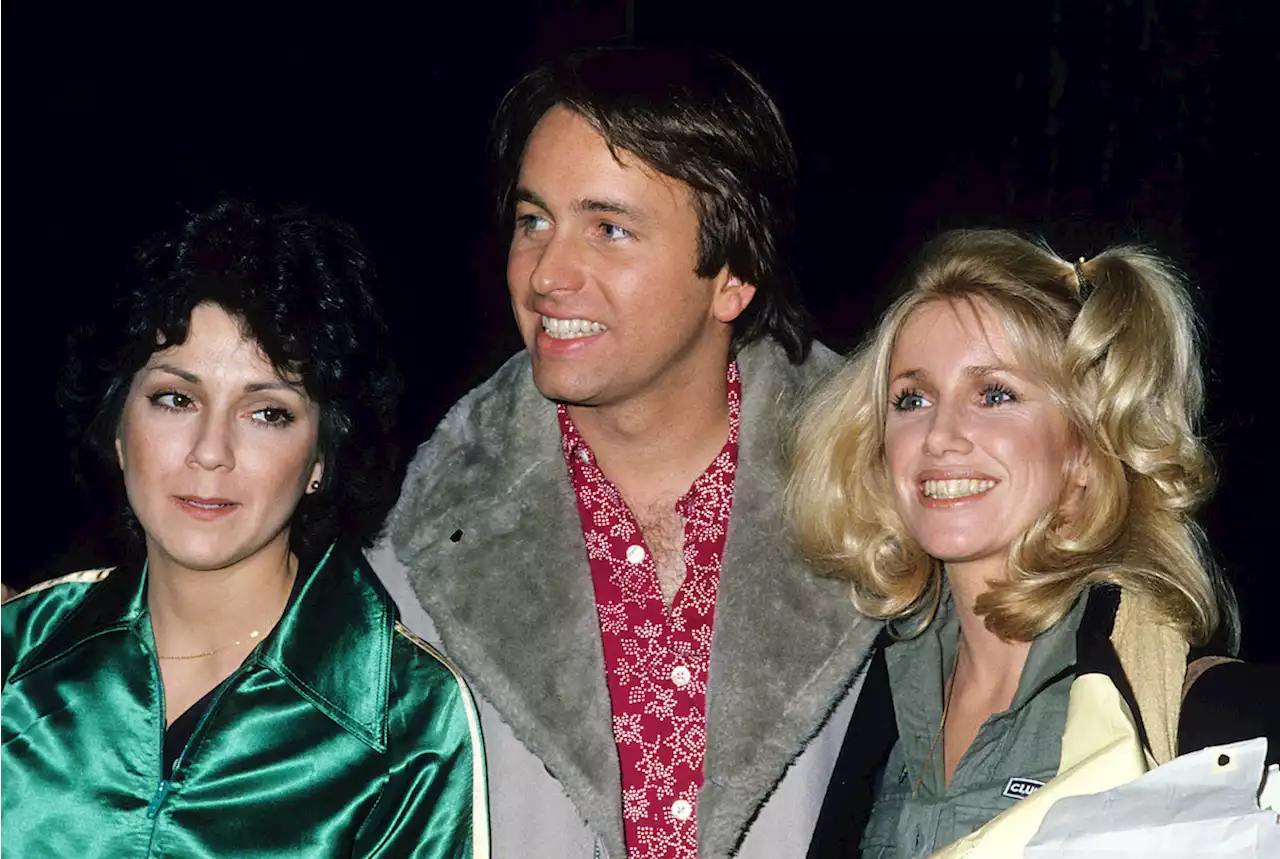 These Two “Three’s Company” Stars Didn’t Speak for 30 Years — Best LifeJoyce DeWitt and Suzanne Somers didn't speak for 30 years afters Somers left 'Three's Company.' Here's what happened and why they made up.
These Two “Three’s Company” Stars Didn’t Speak for 30 Years — Best LifeJoyce DeWitt and Suzanne Somers didn't speak for 30 years afters Somers left 'Three's Company.' Here's what happened and why they made up.
Read more »
Signal CEO Moxie Marlinspike steps down, names Brian Acton interim CEOInsider tells the global tech, finance, markets, media, healthcare, and strategy stories you want to know.
Read more »
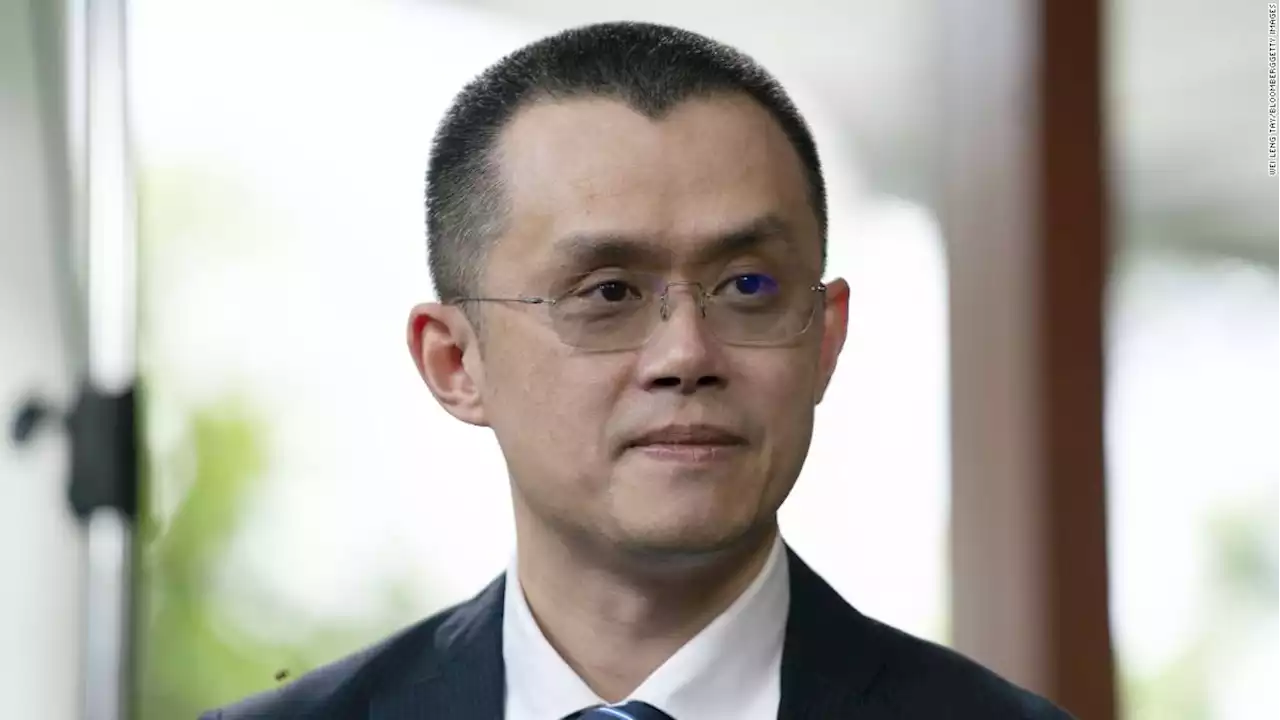 Crypto CEO becomes one of the world's richest billionairesA cryptocurrency CEO has become one of the richest people on Earth.
Crypto CEO becomes one of the world's richest billionairesA cryptocurrency CEO has become one of the richest people on Earth.
Read more »
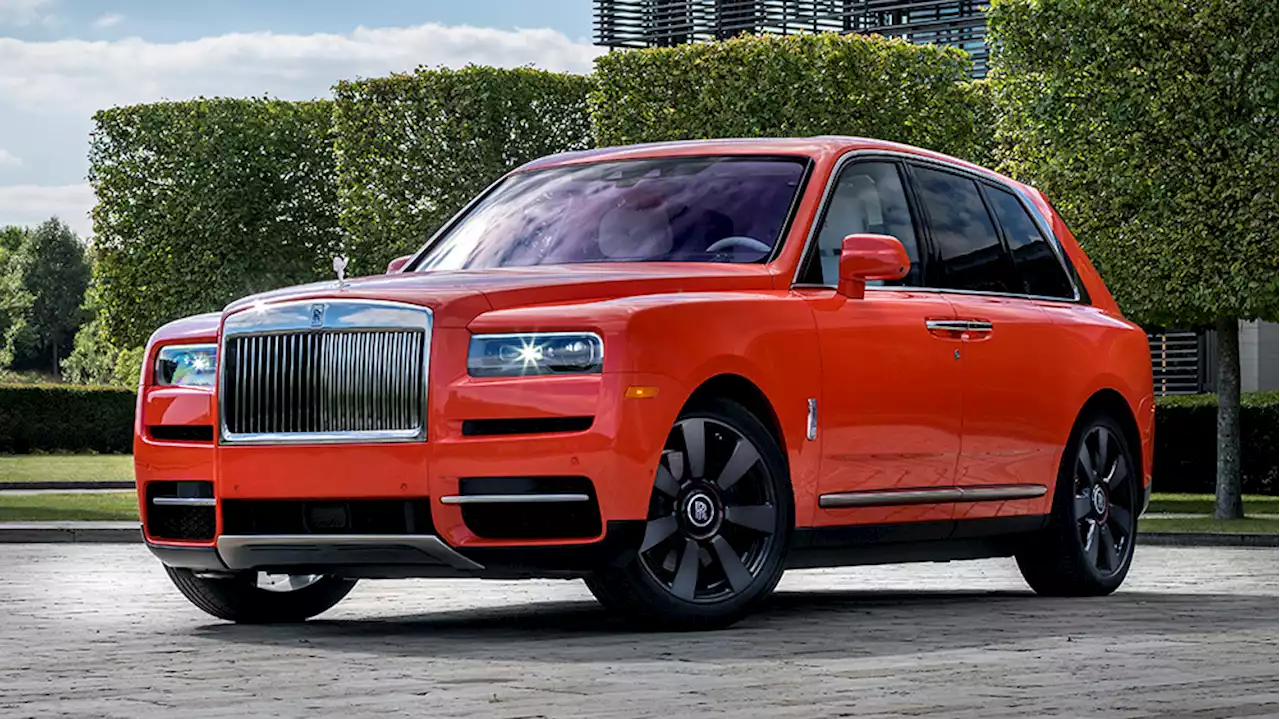 After Posting Record Sales in 2021, Rolls-Royce Vows to Stay ‘Rare and Precious’CEO Torsten Müller-Ötvös said the marque will never be driven by volume.
After Posting Record Sales in 2021, Rolls-Royce Vows to Stay ‘Rare and Precious’CEO Torsten Müller-Ötvös said the marque will never be driven by volume.
Read more »
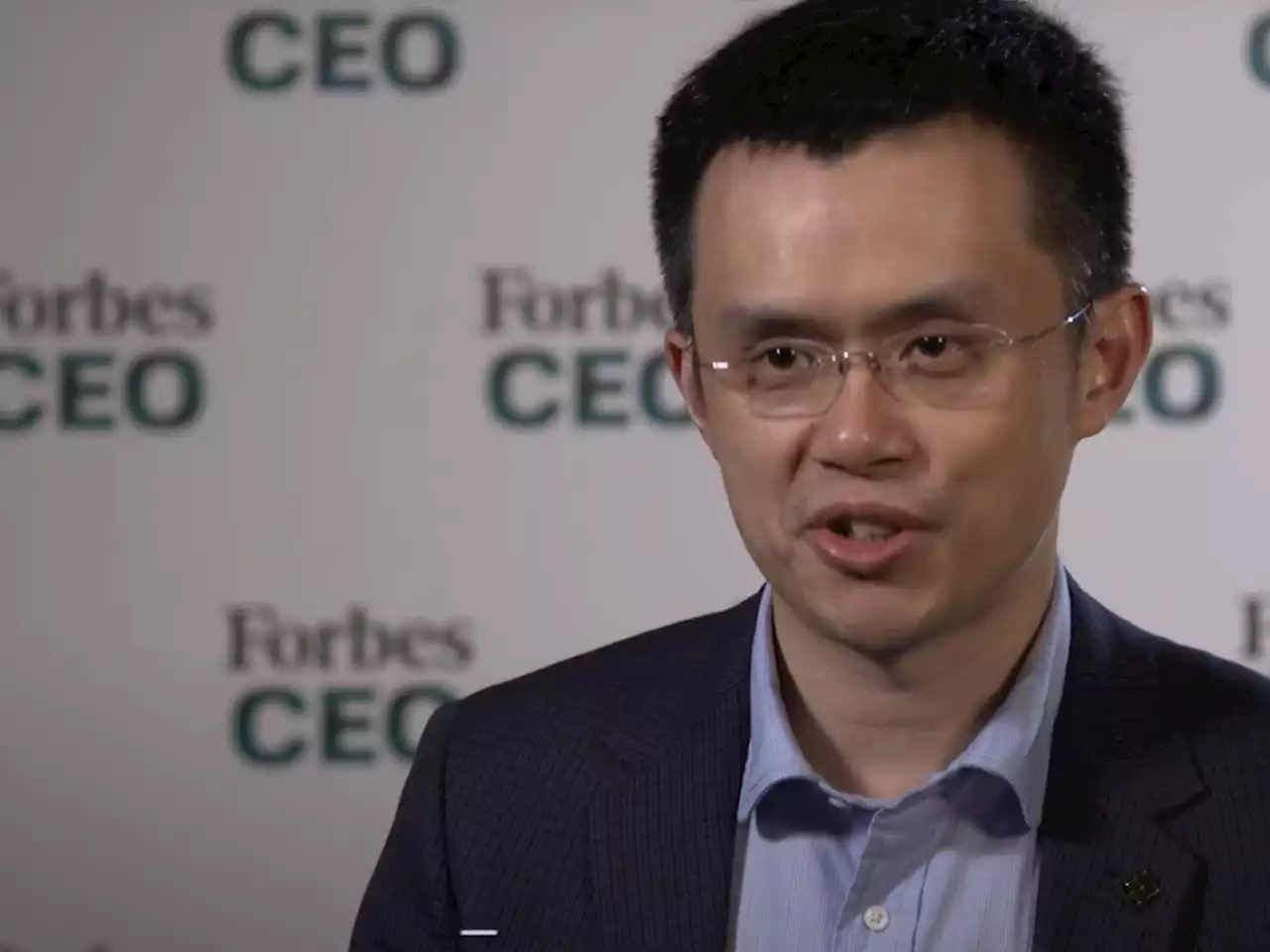 Binance CEO Changpeng Zhao Recognized as Richest Person in Crypto by BloombergBinance CEO Changpeng Zhao is now worth an astonishing $96 billion
Binance CEO Changpeng Zhao Recognized as Richest Person in Crypto by BloombergBinance CEO Changpeng Zhao is now worth an astonishing $96 billion
Read more »
